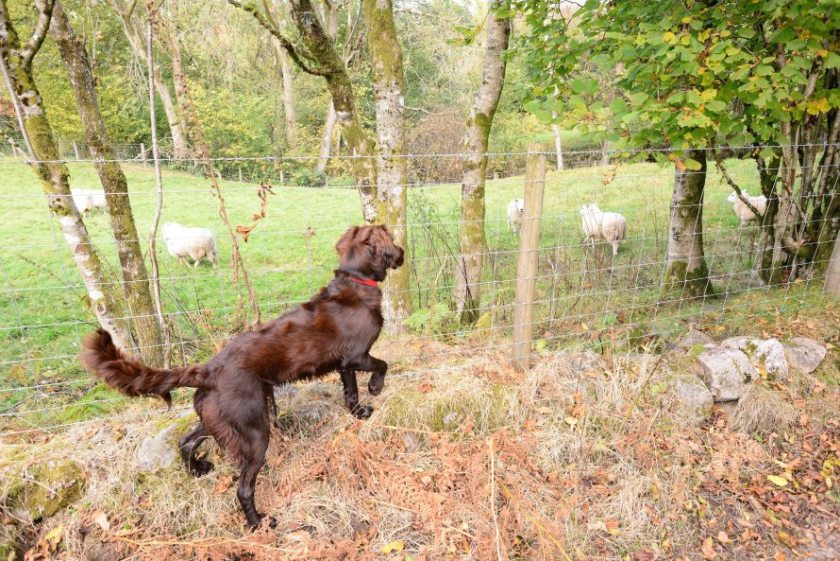
Tougher powers for the police to tackle livestock worrying have taken a step forward today with the announcement of government backing for new legislation.
The police will be given greater powers to respond to livestock worrying incidents more effectively as part of the Dogs (Protection of Livestock) (Amendment) Bill.
The legislation aims to make it easier for them to collect evidence and, in the most serious cases, seize and detain dogs to reduce the risk of further attacks.
The National Sheep Association has frequently called for more action from the government to tackle livestock worrying.
The crime can result in significant injury and suffering and in the worst cases, the death of the animals involved.
These incidents are also distressing for farmers and livestock keepers, and can have significant financial costs.
The new legislation is a Private Members’ Bill sponsored by Dr Thérèse Coffey, who was the Defra Secretary between October and November 2023.
Since the original 1953 Act was brought in, the number of livestock in England and Wales has doubled with more people visiting the countryside.
By supporting the Bill, the government said it was delivering on pledges made in its Action Plan for Animal Welfare, while recognising the financial and emotional impacts farmers faced as a result of dog attacks.
Farming Minister Mark Spencer said: “Livestock worrying has a devastating impact, causing distress to farmers and their animals, as well as the financial implications.
“This Bill will crack down on this issue, widening the scope to protect more farm animals covered by law and giving police more powers to act. We will do all we can to support its swift passage through parliament.”
The Bill seeks to modernise existing legislation to ensure it remains fit for purpose, including extending the livestock definition to include alpacas and llamas and widening locations where enforcement can be taken to roads and paths.
It will also address current enforcement challenges and give the police more powers to seize dogs after serious incidents and greater powers of entry, as well as the power to take evidence samples from livestock and dogs to help investigate crimes.
Dr Thérèse Coffey said: “We have heard from the police that they need more up to date powers to help them identify the dogs that are attacking and worrying livestock, and subsequently their owners.
"It is great to get out and enjoy nature, but dog owners should be careful and ideally put their dogs on a lead when on or near a working farm to avoid such attacks.”
